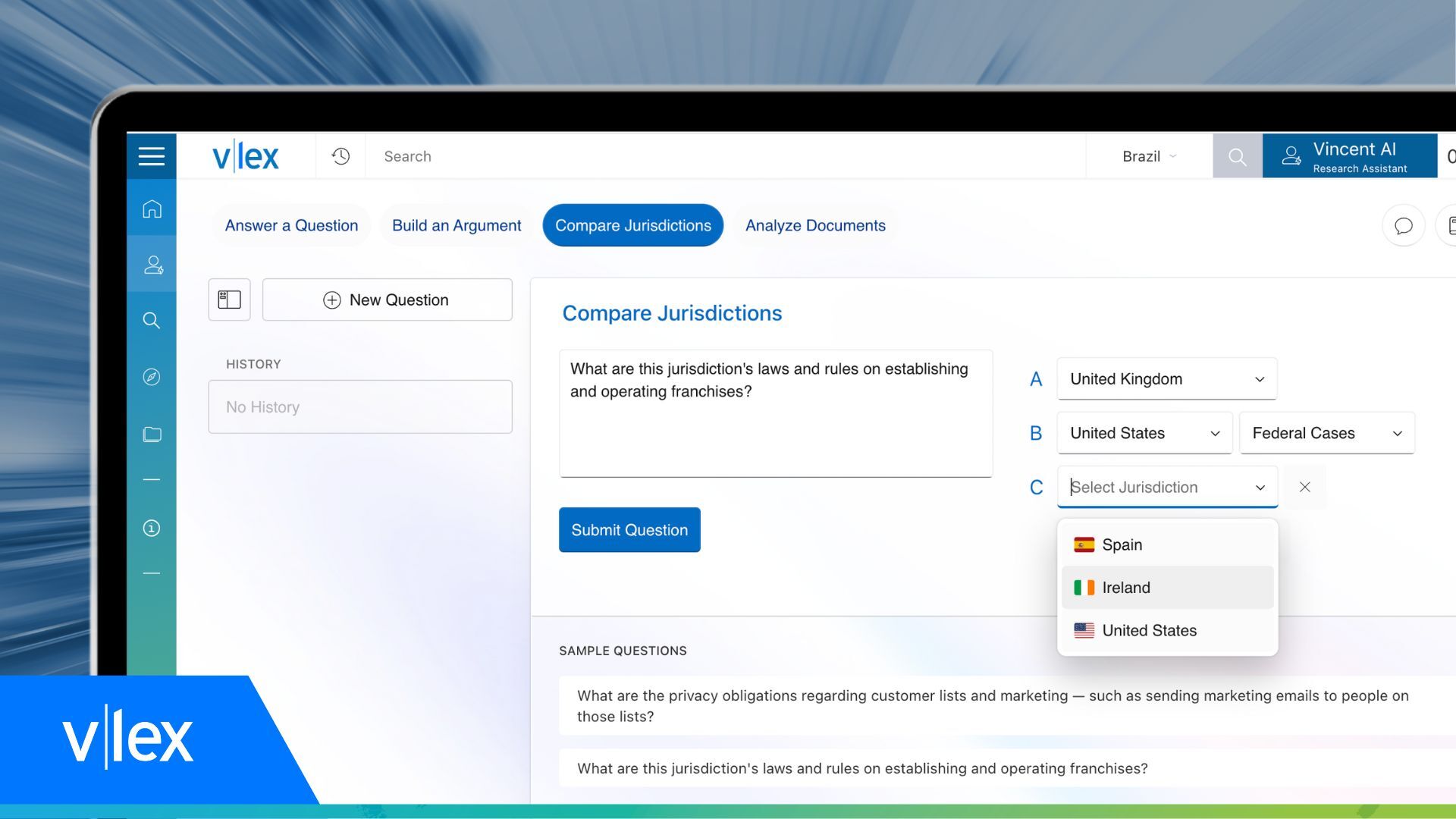Law Prof Sees Opportunity for Defense Lawyers in High Court Decision for Rehabilitated Felon
An Ohio state law professor says a U.S. Supreme Court decision issued today on judges’ powers at resentencing will likely provide fodder for defense lawyers.
The court held that a defendant’s efforts to rehabilitate himself may be taken into account at resentencing, despite a sentencing guideline to the contrary.
The court ruled in the case of Jason Pepper, who had argued that the resentencing judge should have considered that he had found a job and gotten married after serving an initial 24-month sentence that was overturned on appeal. The resentencing judge had added 41 months to Pepper’s sentence. The Associated Press and SCOTUSblog reported on the decision (PDF).
Justice Sonia Sotomayor wrote in her majority opinion that resentencing courts may consider rehabilitation, and such evidence can support a downward departure from the sentencing guidelines. She noted that the federal sentencing guidelines banned consideration of postsentencing rehabilitation, but said the provision did not survive United States v. Booker, the 2005 Supreme Court decision that effectively made the guidelines advisory.
Sotomayor also said the resentencing judge was not bound to follow the same percentage credit for cooperation as the first judge.
The blog Sentencing Law and Policy calls the decision in Pepper v. United States “the biggest federal sentencing case of the term to date.” The author, Ohio State law professor Douglas Berman, says defense lawyers are likely to cite this section of Sotomayor’s opinion dealing with judges’ ability to reject policy statements within the federal sentencing guidelines:
“Our post-Booker decisions make clear that a district court may in appropriate cases impose a non-guidelines sentence based on a disagreement with the Commission’s views. That is particularly true where, as here, the Commission’s views rest on wholly unconvincing policy rationales not reflected in the sentencing statutes Congress enacted.”
Justice Clarence Thomas dissented and Justice Samuel A. Alito Jr. dissented in part. Justice Elena Kagan did not participate in the case.
Prior coverage:
ABAJournal.com: “Former Alito Clerk May Be First In-House Lawyer to Argue ‘Orphan Position’ in High Court”



